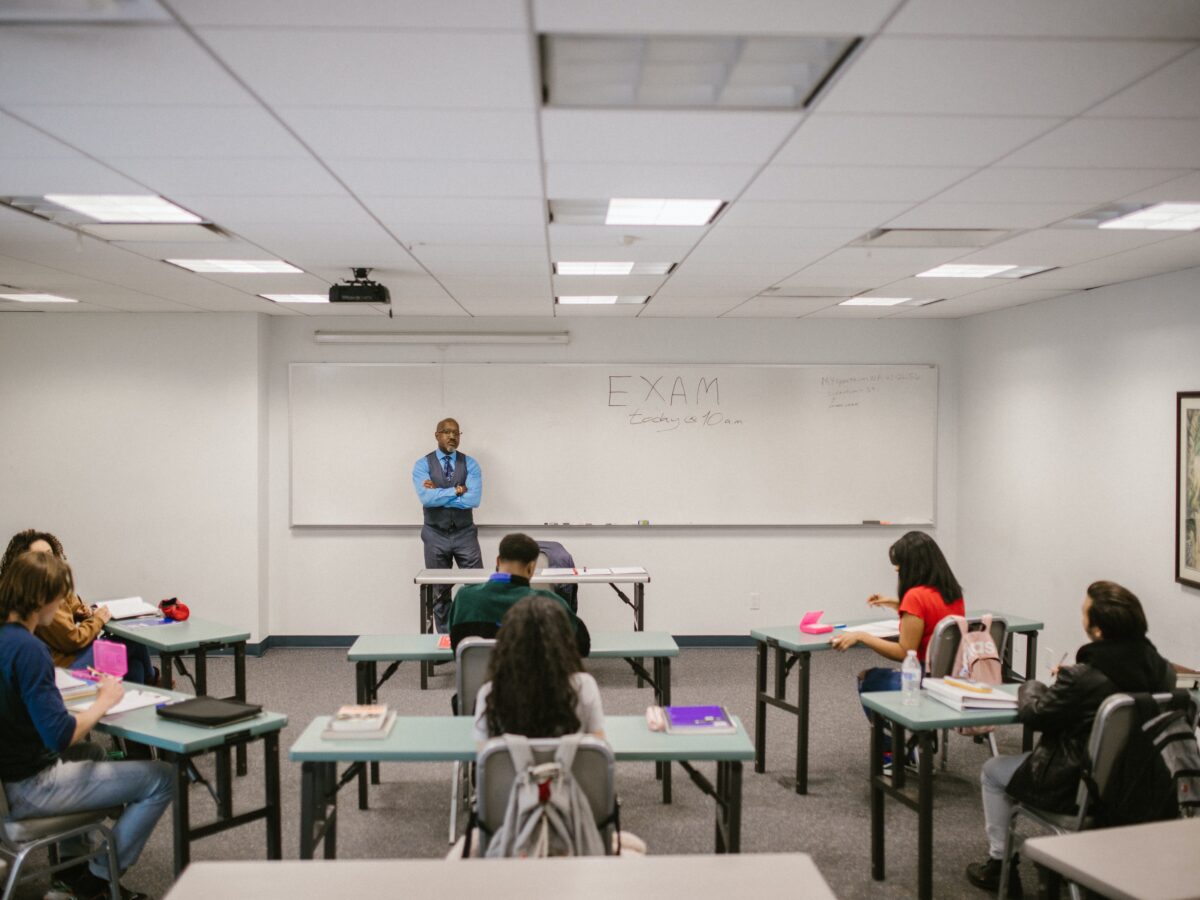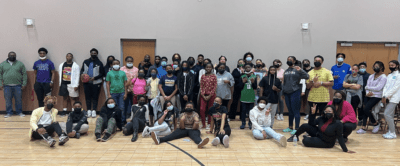
A new report on the “culture wars” in education takes its title from the lament of one of the more than 8,000 U.S. teachers surveyed: “It feels like teachers are constantly walking on eggshells.”
The RAND Corporation, a policy-oriented mega-think tank based in California, issued findings from its extensive 2022 survey of teachers barely a week before Republican state legislators in North Carolina renewed an effort to regulate gender-and-sexuality instructions in public schools. Among its provisions, the proposed legislation would add restrictions to curriculum in kindergarten through fourth grade and require schools to give parents access to teachers’ educational materials.
In the context of the two centuries of public education, the current round of culture clashes fits into a cycle of societal, economic, and demographic shifts and advances, followed by resulting backlash. Public schools have persevered as Americans quarreled over evolution and creationism, sex education, free speech, transgender rights, prayer, the Pledge of Allegiance, and especially racial segregation and racial history.
At the time of the RAND study, 17 states had enacted restrictions on teachers in dealing with gender-related and race-related topics in the classroom. The RAND researchers report that the pressures felt by teachers are not limited to the states with new laws.
“Twenty-four percent of teachers overall — regardless of what state they were in — reported that limitations placed on what topics teachers can address have influenced their choice of curriculum materials or instructional practices to a slight, moderate, or large extent,” says the RAND report. It goes on to say that “teachers also engaged in numerous strategies to navigate the existence of these restrictions.”
North Carolina is not among the states that have enacted restrictions — at least not yet. During the previous legislative cycle, Democratic Gov. Roy Cooper vetoed a Republican-sponsored bill that would have constrained public school teachers in dealing with America’s racial history. A separate gender-related proposal, branded as a “Parents’ Bill of Rights,” passed the Senate but not the House. Now state senators have offered a modified version of that bill.
Across the nation, the RAND researchers observe “that policies and efforts to expand restrictions on teachers’ instruction are not likely to abate soon and that educators must increasingly contend with how to navigate their presence, even though the majority of American adults believe that students should have the opportunity to learn about many controversial topics, particularly at the high school level.”
The RAND report warns that cultural war legislation can result in collateral damage, making it more difficult to achieve basic educational objectives of attracting and keeping highly qualified teachers and of advancing student learning.
“Teachers described working in conditions filled with worry, anxiety, and even fear,” says the report. “They perceived that carrying out the core function of their roles — teaching students — has become more difficult, as restrictions on their classroom instruction limited their ability to engage students in learning, support students’ critical thinking skills, and develop students’ abilities to engage in perspective taking and empathy building. Especially concerning is the potential for these limitations and their politicized nature to lead teachers to consider leaving their jobs or the teaching profession altogether.”
RAND researchers heard from some teachers that they altered classroom instruction not directly as a result of laws but in order to forestall criticism from parents, including online chatter. Even the “potential for parental complaints and backlash drove them to avoid or be more cautious about addressing contentious topics in the classroom,” says the report.
Teachers and principals already know what the RAND report draws from research: that parental interest and involvement in their children’s school are important in student learning. RAND calls on school leaders to engage families by listening to concerns, communicating the rationale for instructional decisions, and seeking common ground.
As difficult as it may be in polarized times, the day-to-day work of carrying out a parental engagement agenda offers more promise for strengthening K-12 education than causing professional educators to walk on eggshells in their classrooms.
Recommended reading



